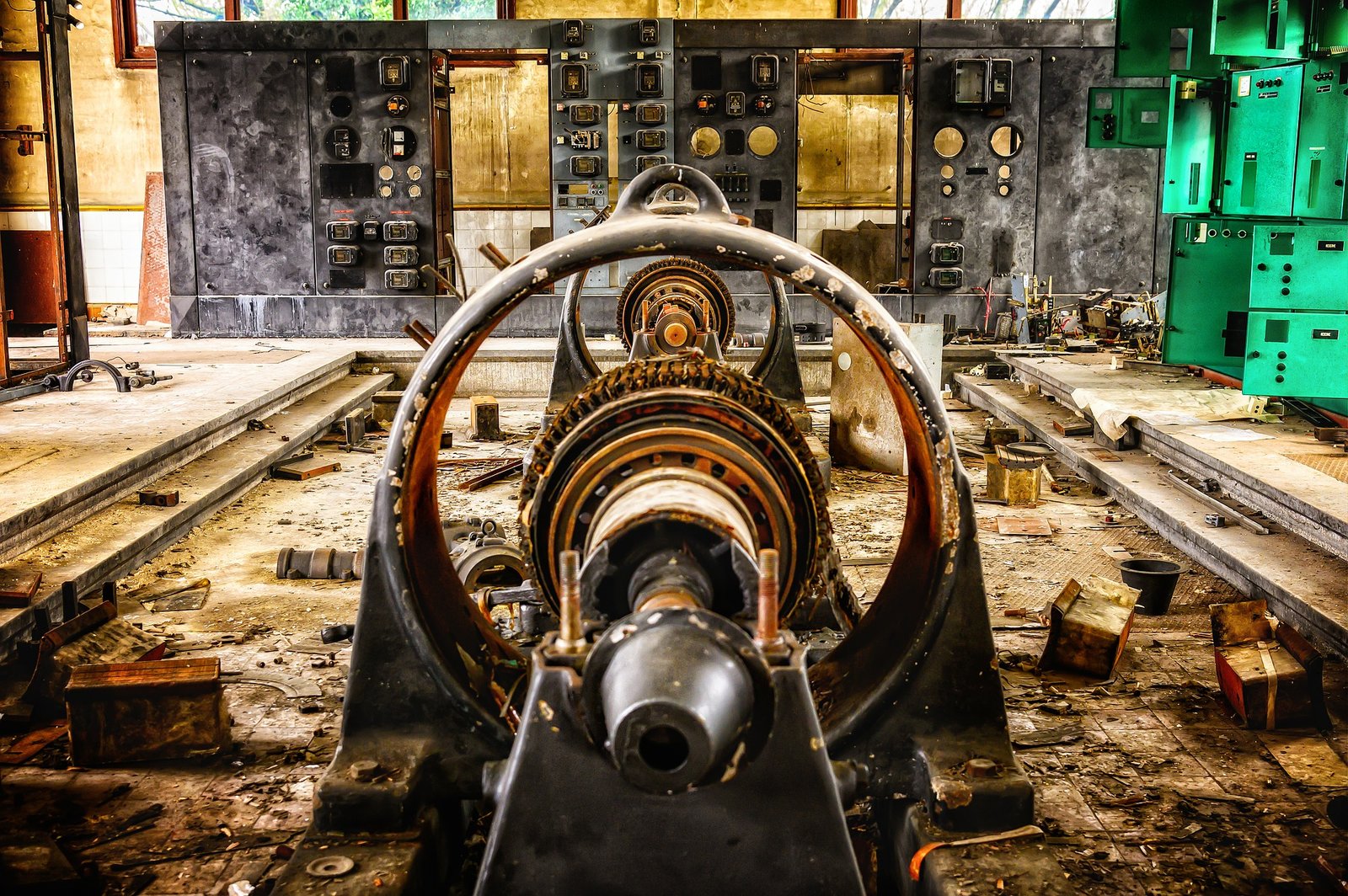Are you having a hard time finding the best diesel generator? We know buying a diesel generator could really be a hard task. And if you’re having a hard time finding the perfect generator for your requirements, then don’t worry. Today, we’ll talk about things to consider before buying a Diesel Generator.
Continue reading this article to know what are the things you need to consider before going for a diesel generator. Additionally, we’ll also talk about types of generators and about some features to look for in a generator. So, let’s get started!
What is a Generator?
A generator is an equipment used to generate electricity using a diesel engine along with an electric generator. A generator is used as an emergency power supply during power cuts.
Why do you need a generator?
You’ve probably seen the after-effects of Hurricanes, wind storms or ice storms: entire communities go dark without power. Having a generator will ensure that you have the power needed at your home or office when facing unexpected outages. There are two types of generators: portable and permanently installed generator systems. Portable generators come in handy to power your home appliances during power cuts or tools on your job site.
Permanently installed generator systems are installed at your home or office, and they power multiple home appliances or office computers. These generators generally start automatically during power cuts. Portable generators range between $500 and $2400, and permanently installed generator systems start from $2000.
Types of Generators
Generators come in various sizes, designs, and models that are manufactured by many companies all around the globe. So before buying a generator, here are the different types of generators that you should know about:
Industrial or Residential Generators – Industrial generators are big in size and can provide a great deal of power for a longer duration. As the name suggests, these generators are typically used in Industries where power demand is very high. On the other hand, residential generators are small in comparison to Industrial generators and provide a specific range of power. They are perfect for homes, small shops, and offices.
Power Output – The power output range of a generator is quite wide and can be classified accordingly. A 3 kVA generator can be used to run appliances or power tools like ACs, multiple ceiling fans, computers, etc. They are best for use in shops, houses or small offices. Whereas a 2000 kVA generator would be best for use in industries or places with high power demand.
#1 Manufacturer’s Reputation
The first thing you need to consider while looking for a diesel generator is to know about the generator manufacturer’s history and reputation. It’s always a good idea to go with a trusted manufacturer and seller. Go for a manufacturer who has a reputation of manufacturing generators known to stand the test of time.
It would be best if you also decided whether you want to have a standby diesel generator or a dedicated generator. Dedicated generators are used at places where there is no other power source, or at sites where generators are in use all the time, every day. Dedicated generators are also known as continuous or prime generators.
On the other hand, a standby generator is a backup source for a pre-existing power source. These generators are used when regular power is not available, during power shortages or other infrequent use situations. For industrial units, you need to consider factory power requirements along with on-site office power. Going for a large size generator is the best choice.
#2 Generator Unit
The second thing that you need to consider is to distinguish the relationship between the KW and KVA. KW isn’t equal to KVA. Generally, 1KVA=0.8KW. When you’re looking for a generator, you should ask the seller and know about whether KVA or KW expresses the generator units.
#3 Check Diesel Muffler quality
The third thing that you should consider is to make sure that you check whether the diesel generator muffler is of premium quality. The quiet generators are best suitable for home or office use. Experts at KrugerPower suggest going for a low noise generator or a silent generator.
You should also check whether the generator you’re looking to buy is fuel-efficient since modern generators adjust their engine speed based on the demand for better fuel efficiency. Both fuel tank size and fuel efficiency affect the run time of a generator.
#4 Warranty Period
The fourth thing that you need to consider is to know about the warranty period of the generator. Usually, the warranty period of a generator typically ranges from one year to five years, depending on the generator type. A residential generator comes with a standard warranty ranging from 2-5 years. But the Industrial generator comes with a standard one-two year of warranty plus other optional upgrades. It’s always good to know the warranty period and coverage of your generation and ask about the up-gradation charges if you choose to increase coverage in the future.
Features to look for in a Generator
1. Weather Protected Control Panel: Ensure that the generator you’re going with comes with a weather-protected control panel, which will protect your generator from rain, dirt, dust, and debris.
2. Outlets: Make sure that all generator outlets are circuit breaker protected. And go for a generator that comes with all the types of outlets you need for your home/office.
3. Fuel Tank: Go for a generator with a larger fuel tank, this will give you long hours of uninterrupted operations.
4. Engine: Go for a generator with Overhead Valve engines, it will provide longer life, run time, and fantastic fuel efficiency, making less noise.
5. Good Quality Muffler: A generator with a good quality muffler will reduce the noise. Look for a generator with SuperSilencer™ muffler for the extra reduction in noise.
6. Wheels: Look for a generator that comes with pneumatic wheels for more accessible transportation on rugged terrain like construction sites.
These are the generic things that you should consider before going for a diesel generator.







